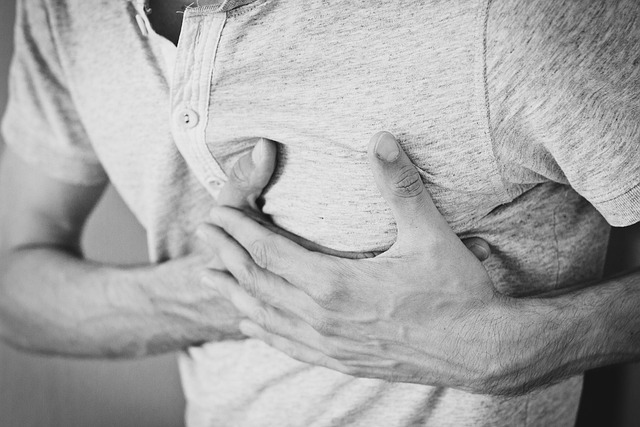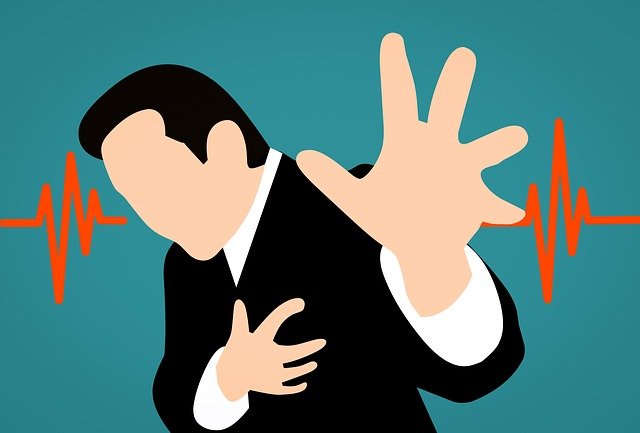Heart Attack: Causes, Treatment Options, and Best Hospitals in America
A heart attack, medically known as a myocardial infarction (MI), occurs when blood flow to the heart muscle is blocked. This blockage damages or destroys part of the heart muscle, leading to serious health complications or death if not treated immediately. Heart attacks are a leading cause of death globally making it crucial to understand the condition, its treatments, and where to get the best care.
Causes of a Heart Attack
A heart attack typically results from coronary artery disease (CAD), a condition where the arteries that supply blood to the heart become narrow due to a buildup of cholesterol and fatty deposits known as plaque. When a plaque ruptures, it can form a blood clot, blocking the flow of blood to the heart muscle. Some other causes include:
- Spasms in the coronary artery: which can temporarily cut off blood flow to the heart.
- Severe narrowing of the artery due to atherosclerosis without rupture.
- Rarely, other conditions, like blood vessel tears or blockages from substances such as air bubbles or clots from other parts of the body.
Symptoms of a Heart Attack
Recognizing the symptoms early can save a life. Common symptoms include:
- Chest pain or discomfort (often described as pressure, tightness, or squeezing)
- Pain radiating to the arm, neck, back, jaw, or stomach
- Shortness of breath
- Nausea, vomiting, or indigestion
- Cold sweat, lightheadedness, or sudden fatigue
Women may experience less typical symptoms like back or jaw pain, nausea, or extreme tiredness.
Emergency Treatment for a Heart Attack
Time is critical during a heart attack, and immediate medical intervention can save heart tissue and lives. Emergency treatments include:
- CPR (Cardiopulmonary Resuscitation): If a person collapses and stops breathing, CPR should be administered immediately.
- Defibrillation: Some heart attack victims may go into cardiac arrest, where their heart stops beating. Defibrillation using an AED (automated external defibrillator) can help restart the heart.
- Nitroglycerin: Helps widen the arteries and improve blood flow.
- Aspirin: Taking aspirin during a heart attack may reduce the size of the blood clot, improving blood flow.
Long-Term Treatment Options
Once the immediate danger has passed, various treatments aim to restore heart health and prevent future heart attacks. These treatments include:
Medications:
- Blood thinners (e.g., aspirin, clopidogrel): Reduce the chance of future blood clots.
-
- Beta-blockers: Help lower heart rate and reduce the heart’s workload.
- Cholesterol-lowering drugs (statins): Reduce plaque buildup in the arteries.
- ACE inhibitors: Help relax blood vessels and lower blood pressure.
- Antiplatelet drugs: Prevent new clots from forming.
- Medical Procedures:
- Angioplasty and Stenting: A small balloon is inserted and inflated to open the blocked artery, and a stent is placed to keep it open.
- Coronary Artery Bypass Surgery (CABG): In cases of severe blockages, a surgeon may create a bypass using blood vessels from another part of the body to reroute blood around the blocked arteries.
- Heart Valve Surgery: For those with heart valve problems, surgery to repair or replace the valve may be necessary.
- Lifestyle Changes:
- Adopting a heart-healthy diet (low in saturated fats and high in fruits, vegetables, and whole grains).
- Regular exercise to strengthen the heart.
- Quitting smoking.
- Managing stress effectively.
Best Hospitals for Heart Attack Treatment in America
The United States is home to some of the most advanced cardiac care centers in the world. Here are a few of the top hospitals known for their excellence in treating heart conditions:
- Cleveland Clinic (Cleveland, OH): The Cleveland Clinic consistently ranks as the best hospital for heart care in the United States. It is renowned for its cutting-edge treatments, cardiac surgeries, and comprehensive care for heart disease.
- Mayo Clinic (Rochester, MN): The Mayo Clinic is highly respected for its comprehensive heart care and world-class research on cardiovascular disease. It offers advanced therapies for patients with complex heart conditions.
- NewYork-Presbyterian Hospital-Columbia and Cornell (New York, NY): Known for its innovative treatments, NewYork-Presbyterian Hospital has an excellent reputation for both emergency heart care and long-term cardiac health management.
- Cedars-Sinai Medical Center (Los Angeles, CA): Cedars-Sinai is a leader in heart transplant surgeries, cardiac care, and heart disease research. They provide personalized care using the latest technological advancements.
- Johns Hopkins Hospital (Baltimore, MD): Johns Hopkins is known for its top-tier cardiac research and treatment options, offering a wide range of heart-related surgeries and rehabilitation programs.
- Mount Sinai Hospital (New York, NY): A leader in minimally invasive cardiac surgery and a pioneer in advanced cardiovascular procedures, Mount Sinai provides excellent care for heart attack patients.
Conclusion
Heart attacks are a serious medical emergency that require immediate treatment. Recognizing the symptoms early and seeking urgent care can save lives. With advanced treatment options, medications, and lifestyle changes, people who have experienced a heart attack can go on to lead healthy lives. If you are in the United States and seeking treatment, the hospitals mentioned above are some of the best institutions for world-class cardiac care.
By staying informed and taking preventive measures, you can reduce your risk of heart attack and improve your overall heart health.







